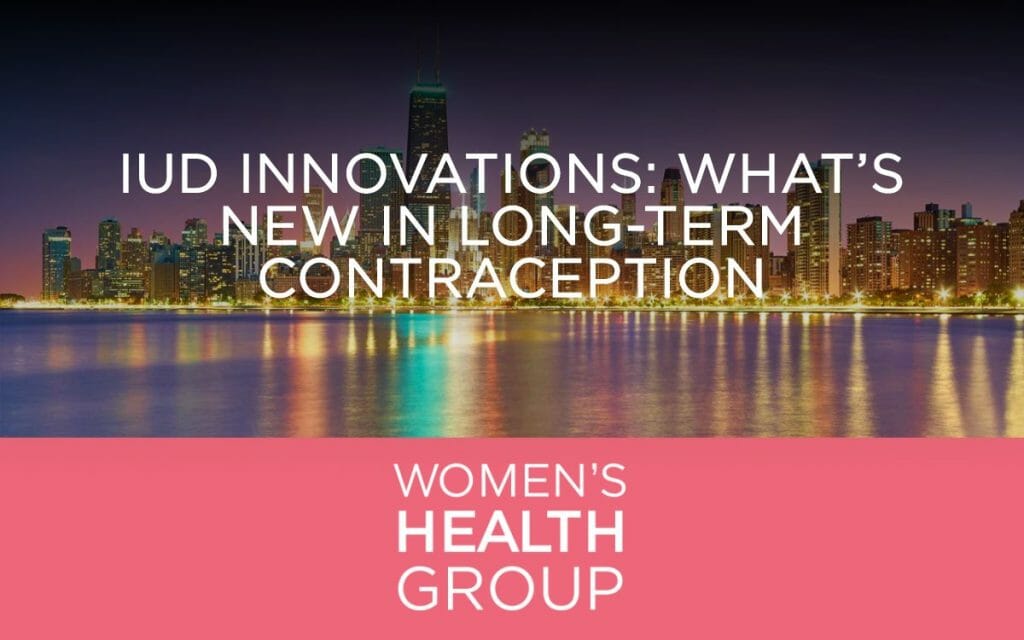Understanding IUDs
Intrauterine devices (IUDs) have long been lauded as a safe, effective, and reversible long-term contraceptive method. These small, T-shaped devices are carefully inserted into the uterus, releasing either copper or hormones to thwart pregnancy. While IUDs have been around for decades, we continue to see remarkable advancements and innovations in this aspect of women’s healthcare. Dive in as we explore the latest in IUD innovations, demystify misconceptions, and share the future’s exciting potential.
IUD Innovations: Progress and Improvements
Over the years, significant progress has been made in perfecting the design and function of IUDs. Original models were notorious for causing discomfort during insertion, increased menstrual bleeding, and harming fertility. Modern IUDs, however, have been completely transformed. Here are pertinent IUD innovations that have transformed their usability and enhanced their efficacy:
- Enhanced design: Newer versions have witnessed an evolution in design, making them more compact and easier to insert. This redesign has made the process less painful and increased acceptance among users.
- Improved hormone distribution: Progestin-releasing IUDs are designed to release a consistent amount of hormone every day, ensuring better regulation and minimizing potential side effects.
- Longer effective duration: The efficacy period of IUDs has been extended in recent models. Some latest IUDs remain effective for up to 10 years, broadening the spectrum of women who can benefit from them.
The Mayo Clinic provides a comprehensive overview of the latest IUD devices available in the market and their unique advantages.
Shattering Common IUD Misconceptions
Despite the numerous advantages and innovations in IUDs, misconceptions still abound. Here, we debunk some common myths and reaffirm the IUD’s suitability for long-term contraception.
The idea that IUDs are suitable only for women who have already had children is outdated. Improved design and insertion techniques have allowed the expansion of IUD use to nulliparous women and teenagers.
Another common misunderstanding is the confusion between IUDs and ‘the coil.’ Rather, ‘the coil’ implies the copper IUD, one among several types of IUDs.
Finally, multiple studies have proven that IUDs don’t lead to infertility or an increased risk of pelvic infection. On the contrary, they provide excellent options for women looking for reversible methods of contraception.
So, as we embrace IUD innovations, it’s pivotal to trash these misconceptions and promote the factual benefits of IUDs. A thorough IUD understanding can be found at the Women’s Health Group website, which offers unbiased, accurate information about this imperative contraceptive tool.
Future Directions in IUD Innovations
Looking ahead, many exciting innovations are in the pipeline in the world of long-term contraception. Here are some of the upcoming trends:
- Biodegradable IUDs: These IUDs are designed to dissolve naturally over time, obviating the need for removal. Volunteer trials are underway for such devices.
- Non-hormonal IUDs: Work is in progress to develop new non-hormonal IUD options that would be equally efficient, but absent the hormone-related side effects.
- Male IUDs: Developers are pushing boundaries by exploring the possibility of a male equivalent of the IUD. It’s indeed an exciting prospect as it could revolutionize family planning approaches.
The Road Ahead
IUD innovations continue to offer new and improved options in the realm of long-term contraception. With the advent of new technological advancements, today’s IUDs are safer, more convenient, and more effective than ever before.
The promises of future developments in IUD technology hold enormous potential for choice, safety, and accessibility. By keeping up to date on the latest IUD innovations, women can make empowered decisions about their healthcare and contraception choices.
As obstetrician-gynecologists, we’re committed to providing accurate, up-to-date information and sound advice, helping our patients make choices that best suit their lifestyles and health objectives. We welcome any questions or concerns and strive to facilitate a comfortable, open dialogue about one’s reproductive healthcare.
Here’s to celebrating advancements, embracing potential, and empowering women with knowledge and choices for their reproductive health!




